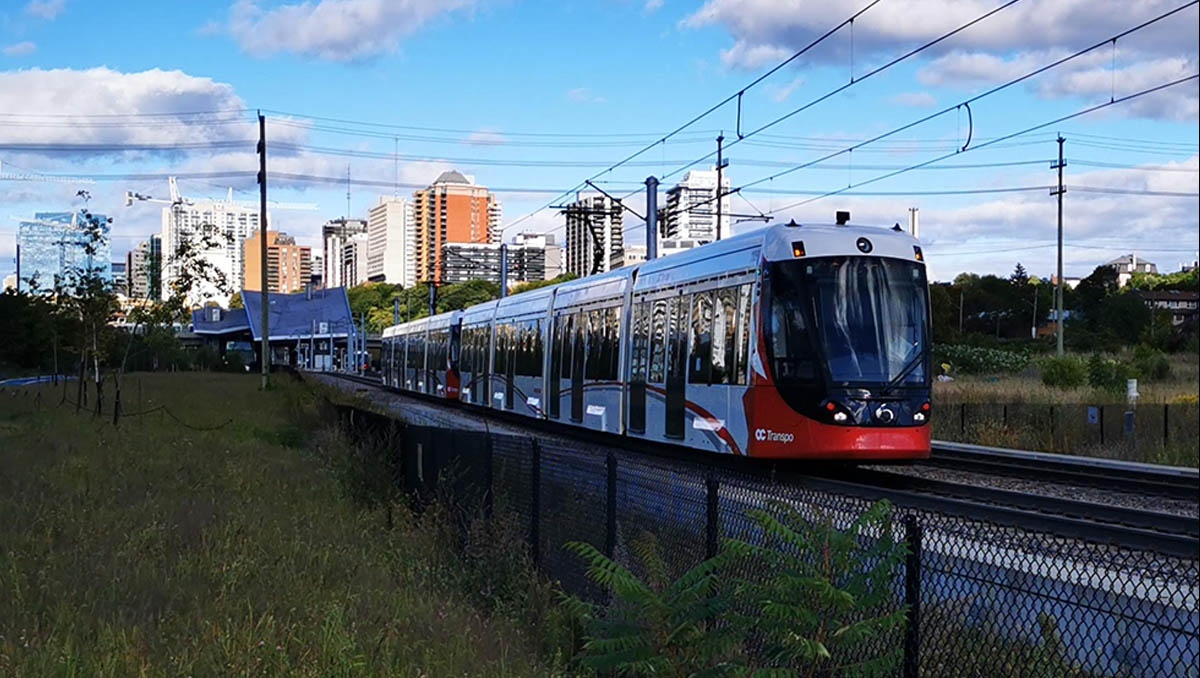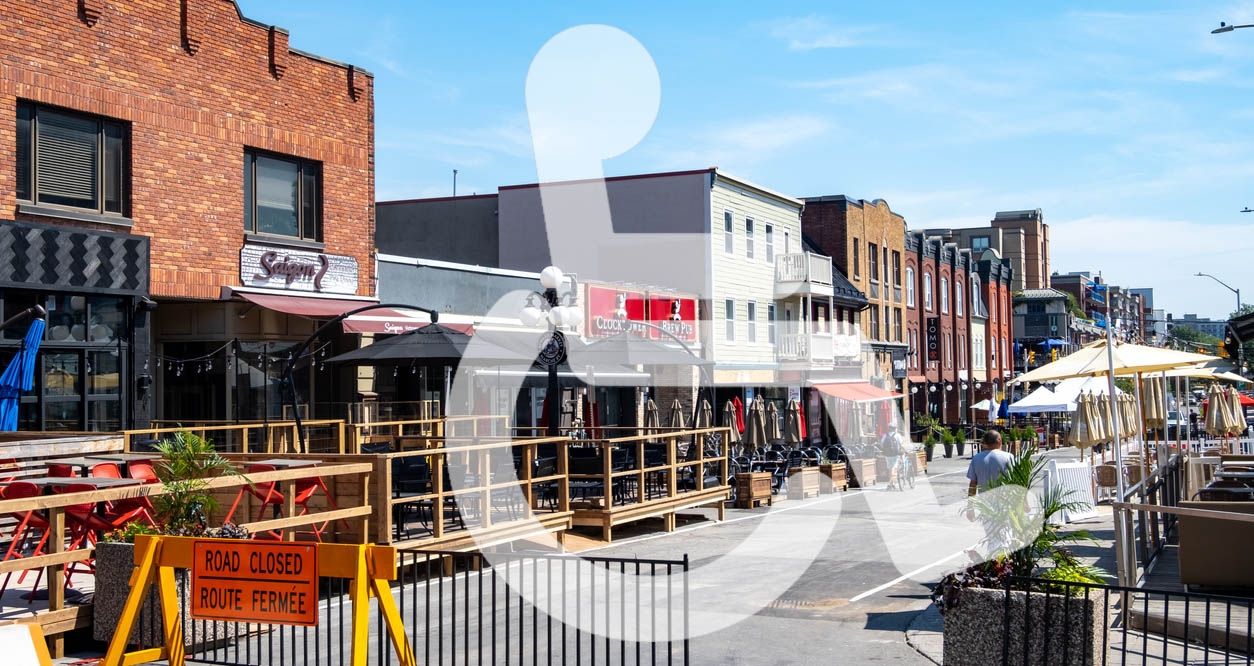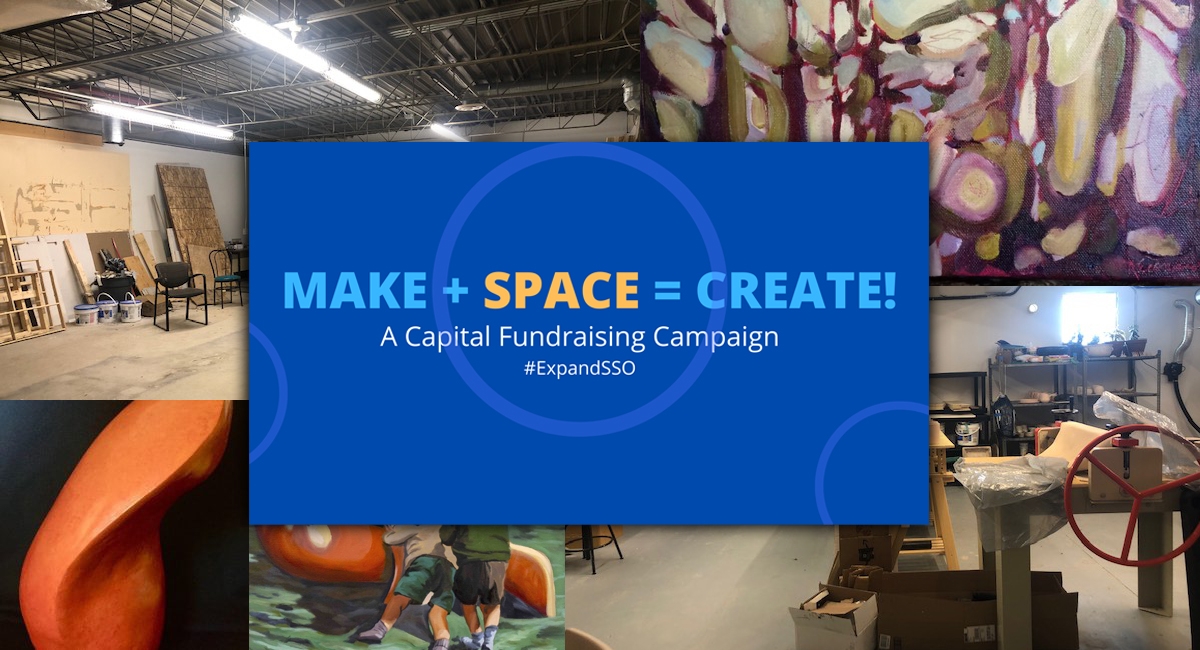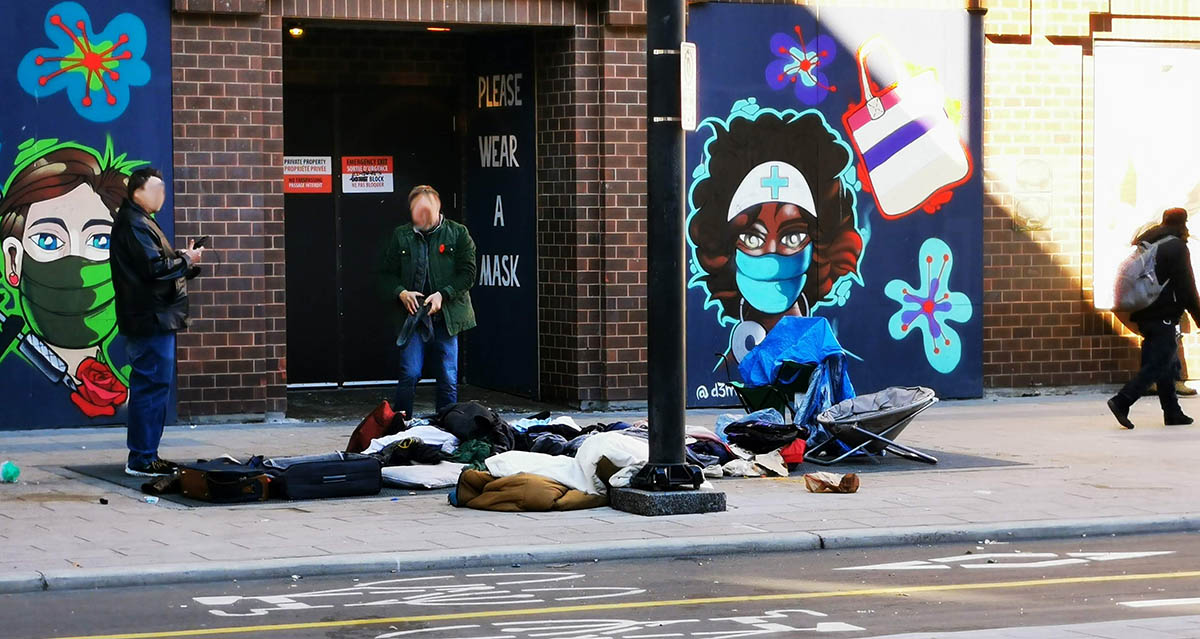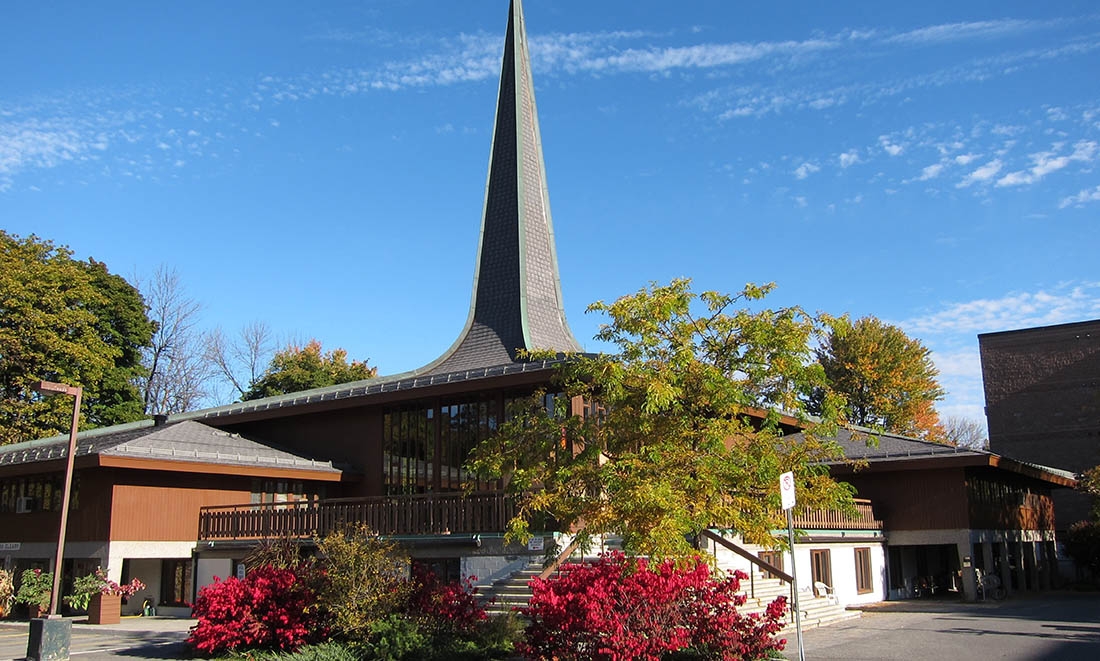
Religious Groups Bring Syrian Refugees to Canada
By Reuel S. Amdur
“It all started in Daraa,” said Mohammad Almasalmah. That’s where the open opposition to Syrian President Bashir al-Assad began in 2011. Mohammad fled the destruction in Daraa, ending up with his wife and two children in a Jordanian refugee camp. Through the good offices of the UN Refugee Agency (UNHCR), he was able to bring his family to Canada after three years in the camp. Government assistance helped them get their feet on the ground. He now has a small trucking business.
His brother Ali had a bakery in Daraa, but things there were very unsafe. The bakery was bombed, so he also fled with his family to Jordan. This is a big family, his wife, six children, and the men’s mother.
Living in a refugee camp in Jordan since 2013, Ali is not allowed to work as a baker. He must make do with irregular manual or agricultural work. Naturally, Mohammad has been trying to bring his brother’s family out of the life in the refugee camp, to join him in Canada. As a man of modest means, he had no way to do it by himself, so he asked Canada Immigration what groups were sponsoring refugees to come to Canada. On the list, he saw the First Unitarian Congregation. He contacted them, and they said yes. The church building is also the home of the Jewish Reconstructionist congregation, Or Haneshamah. The Unitarians asked them if they would be interested in being co-sponsors, and the answer was yes here as well.
Or Haneshamah is a small congregation, some 140 members. Carolyn Whitzman, the president, explained why they agreed to take part in this endeavour. “The reason for our engagement is ‘tikkun olam’—in English, ‘healing the world,’ a central tenet of Judaism. Many of our direct ancestors were refugees, and we want to pay it forward.” The Reconstructionists had previously teamed up with two other Jewish congregations in 2018 and 2019 to sponsor another Syrian family.
Patti Lenard, a member of the Jewish congregation, noted that she and Rabbi Liz Bolton and several other members of Or Haneshemah run Rainbow Haven, which sponsors LGBTQ+ refugees. These people are in very real danger in many countries. Eighteen of them have already been landed or are approved to come to Canada.
The Unitarian Congregation is larger, with around 360 members. It has years of experience in aiding refugees. In recent years, it has helped five Syrian refugee families, two by itself and three in co-sponsorship arrangements. People from many countries have been sponsored by them. Currently, a sponsored Ethiopian woman is awaiting an overseas interview by Canadian Immigration. The church is also working with the Flaming Chalice group to sponsor four people from Brunei. In addition, it has provided sanctuary for two men who were denied refugee status by the Immigration and Refugee Board. They remained for many months living in the church till the government relented and agreed to land them. One had been a servant in the home of a Bangladeshi diplomat who withheld his pay and physically abused him. The other fled Nepal, where Communists were trying to force him to take part in their armed insurgency.
Sponsoring a family can be quite expensive. Sponsors are on the hook to guarantee the family’s support for up to a year. To meet this commitment with a family of Ali’s size, the sponsors are holding a musical fundraising event, Swinging for Syrians, at the church, 30 Cleary Avenue, on May 28, from 7 to 9 p.m., with a silent auction beginning at 6 p.m. Mohammad and his Syrian friends will be providing snacks.
If all goes well, Ali’s family will arrive in Ottawa this summer.
Photos by Bob Armstrong, First Unitarian Church

